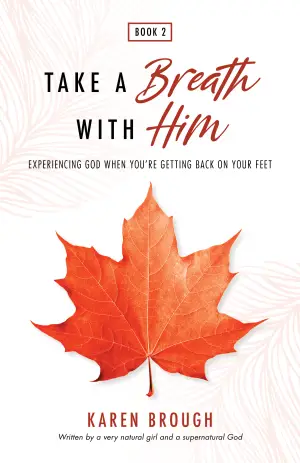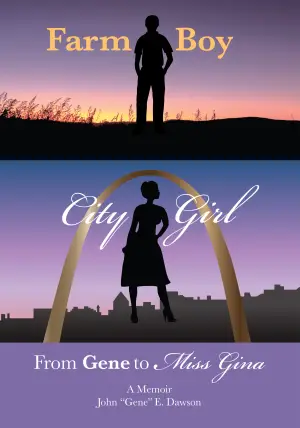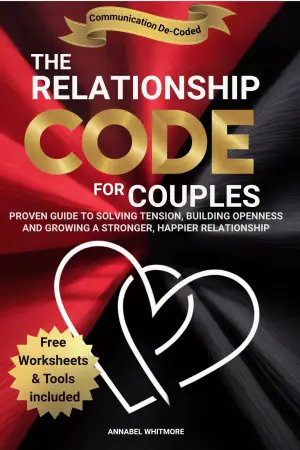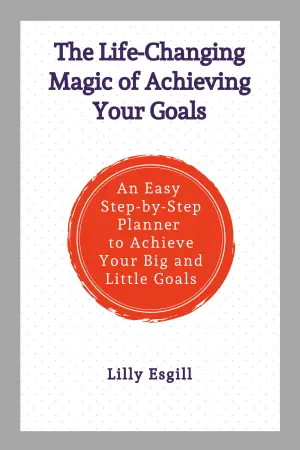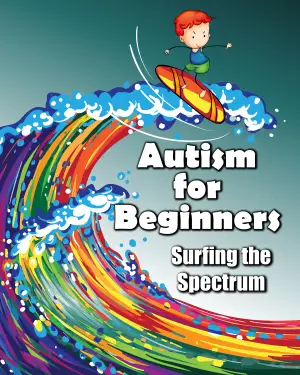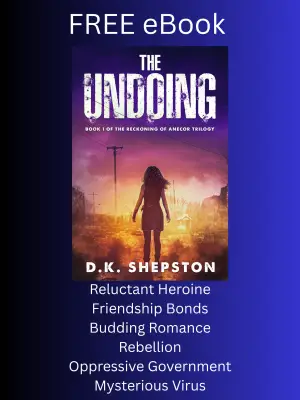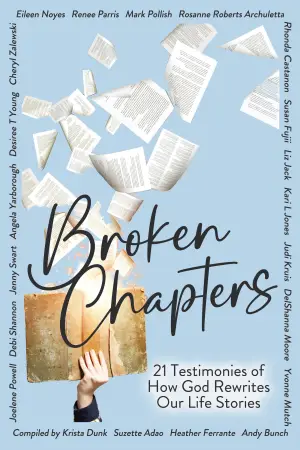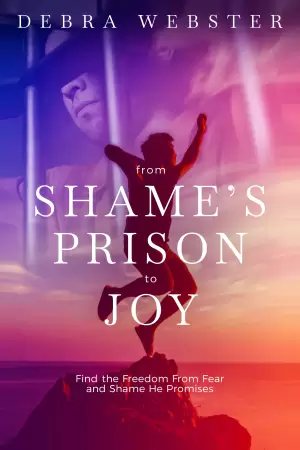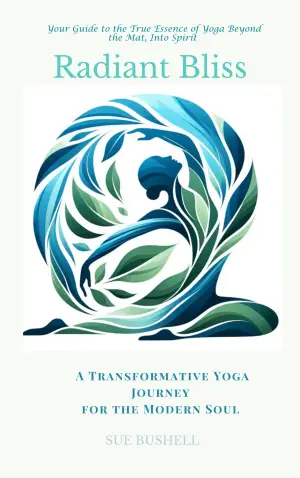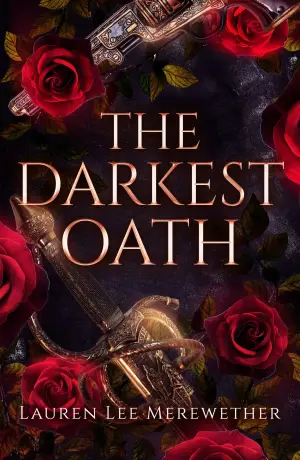A Gripping Exploration of Ethics in Crisis: My Thoughts on Five Days at Memorial
When I first stumbled upon Five Days at Memorial: Life and Death in a Storm-Ravaged Hospital by Sheri Fink, I was instantly drawn in by its haunting premise: a hospital grappling with impossible choices during the chaos of Hurricane Katrina. As a reader fascinated by stories that delve into the intricate facets of human nature, I found myself unable to resist this blend of medical ethics, human resilience, and disaster response. From the very first pages, I was captivated by the moral dilemmas faced by the staff at Memorial Medical Center, making this not just a book, but an experience I felt compelled to reflect upon deeply.
Sheri Fink, a Pulitzer Prize-winning journalist, weaves an intricate narrative that invites us into the chaotic world of a hospital under siege. As floodwaters surged and the heat rose, the medical team, exhausted and overwhelmed, faced dire decisions about who would be prioritized during evacuation and, tragically, who would receive what could be interpreted as life-ending interventions. Fink’s meticulous research shines through as she draws on interviews, public records, and personal testimony, giving readers a 360-degree view of the harrowing choices made in those five desperate days.
One of the standout characters in this narrative is Dr. Anna Pou, whose actions ignite a moral firestorm that will linger in your mind long after the last page. Fink presents her as a multi-faceted figure: part dedicated physician, part controversial decision-maker thrust into unimaginable circumstances. I found myself grappling with complex questions that Fink eloquently raises: What is the value of a life in crisis? Who has the authority to make such life-and-death decisions? Can compassion ever justify euthanasia?
Fink’s writing style is engaging and accessible, making the gravity of the subject matter digestible without diminishing its weight. The pacing, however, requires patience; some passages linger on details that may seem tedious amidst the turmoil. Yet, these moments add depth to the narrative, creating a vivid portrait of despair and resilience.
Throughout the book, poignant moments and quotes struck a chord with me. One that particularly resonated was the sentiment captured by a nurse lamenting the helplessness she felt within the hospital walls. It encapsulated the struggle of many healthcare professionals during disasters: trying to maintain their humanity amidst the unthinkable. Readers frequently mention this emotional tug, affirming Fink’s ability to connect us with the humanity buried within these arduous choices.
Five Days at Memorial is not just for those interested in medical ethics or disaster response; it’s a vital read for anyone who finds themselves intrigued by the grey areas of morality and the resilience of the human spirit. The book opens a window into the proactive discussions we must have about healthcare protocols in emergencies, compelling us to reckon with both our vulnerabilities and our responsibilities.
For me, this book was more than just a narrative; it was a journey through the ethical quagmire of life, death, and the choices we might be forced to make when hope seems lost. I left it not just with a deeper understanding of a historical event but with a renewed appreciation for the complex weave of compassion, duty, and morality. If you enjoy thought-provoking nonfiction that prompts self-reflection, this book is an essential addition to your reading list.
You can find Five Days at Memorial: Life and Death in a Storm-Ravaged Hospital here >>

